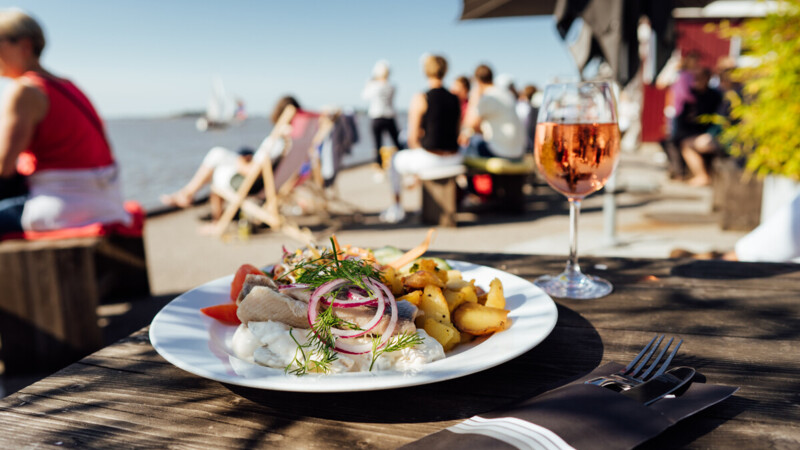Co-operation is one approach. The EU’s Interreg Baltic Sea Region funding scheme, which boosts transnational co-operation in the Baltic Sea region, exemplifies this approach. "We've held initial talks on possible collaborations," Taube said. Food Cluster Hamburg recently highlighted its work during the annual meeting of the HamburgAmbassadors in May. "That gave us an opportunity to reach many countries at once and to gain new partners." Talks with the HamburgAmbassador in Singapore, for instance, proved very interesting. "The city state is a hotspot of food novelties such as alternative proteins, urban farming and packaging innovations." Hamburg is now aiming for a leading position in Europe's top 10 food clusters and to reap the rewards of this interaction.
Sascha Taube looks out onto the Port of Hamburg from his office on Veritaskai in Harburg. The view would appear to be in keeping with the Food Cluster Hamburg's motto of anchoring this strong food industry regionally and raising Hamburg's international visibility as a key food centre. "We are working on our international visibility and are pressing ahead regionally, nationally and internationally," said Taube, Managing Director of Food Cluster Hamburg, which was founded in September 2024.
Europe's top 10 food clusters

Strategic roadmap
Collaboration and interaction are vital to the cluster's endeavours. Taube has identified six fields of action, and noted: "We are a vibrant network and see ourselves as bridge builders who link up key industry stakeholders with commerce, science and politics to achieve synergies and increase regional value creation." Emphasis is on national and international visibility, sustainable cluster structures, innovation and transformation, co-operation and networking, startups and knowledge transfer. "Over the past few months, we have drafted a strategic roadmap and are now gradually implementing it," said Taube. The cluster's structure in Hamburg is helpful in this respect.
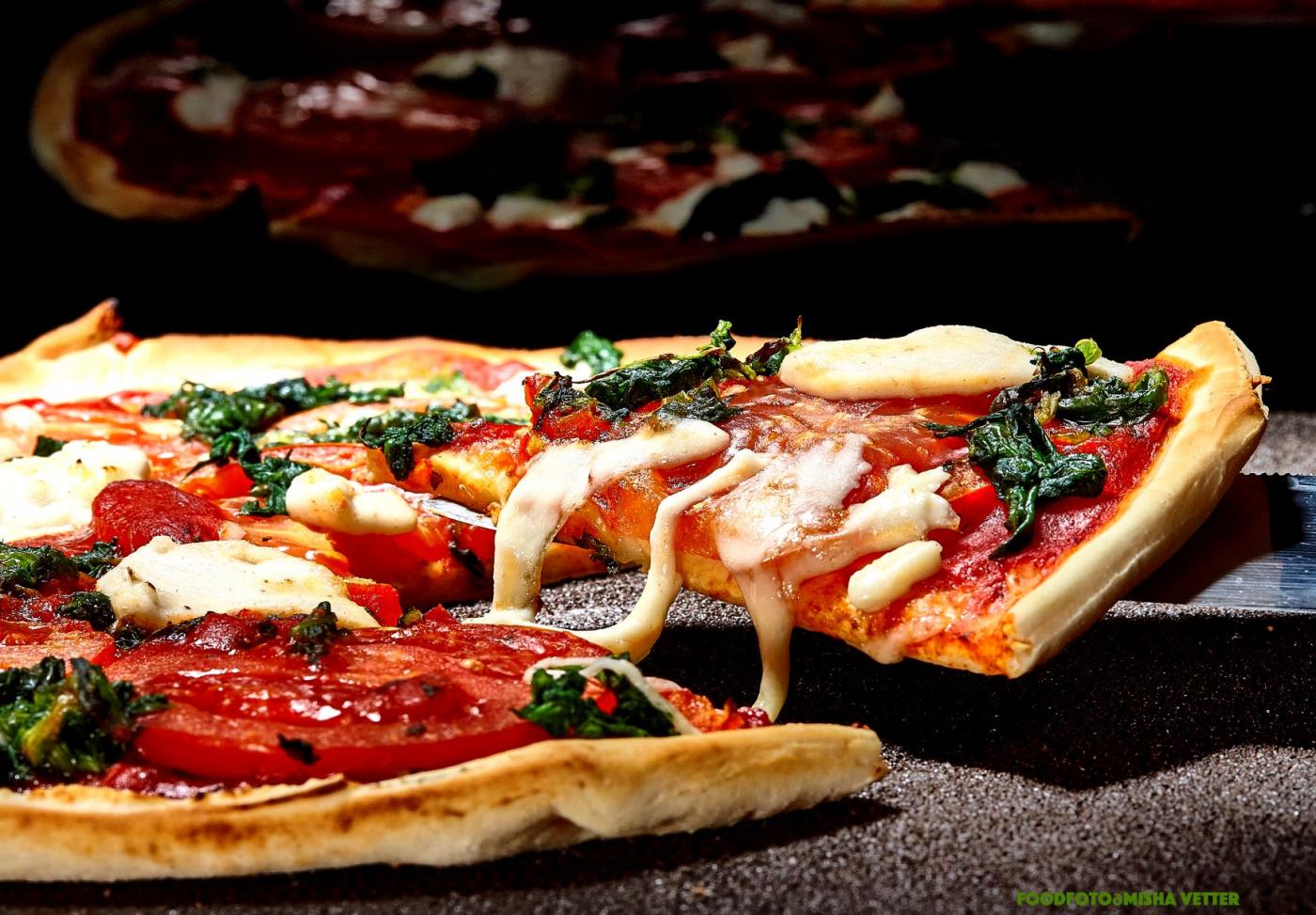
Vibrant cluster structure
"The cluster in the metropolitan region is very lively. All those involved work closely and efficiently together and there are regular meetings on using synergies and advancing cross-cutting issues." This comes against the backdrop of key topics including logistics, health and climate which reverberate beyond the individual sectors. "KLIMAready is one example," said Taube. Seven clusters in Hamburg have joined forces in KLIMAready to achieve climate progress for all. "Thanks to the cross-sectoral action facilitated by the structure in Hamburg, we also maintain contacts with national and international clusters, making us an attractive partner,' he stressed.
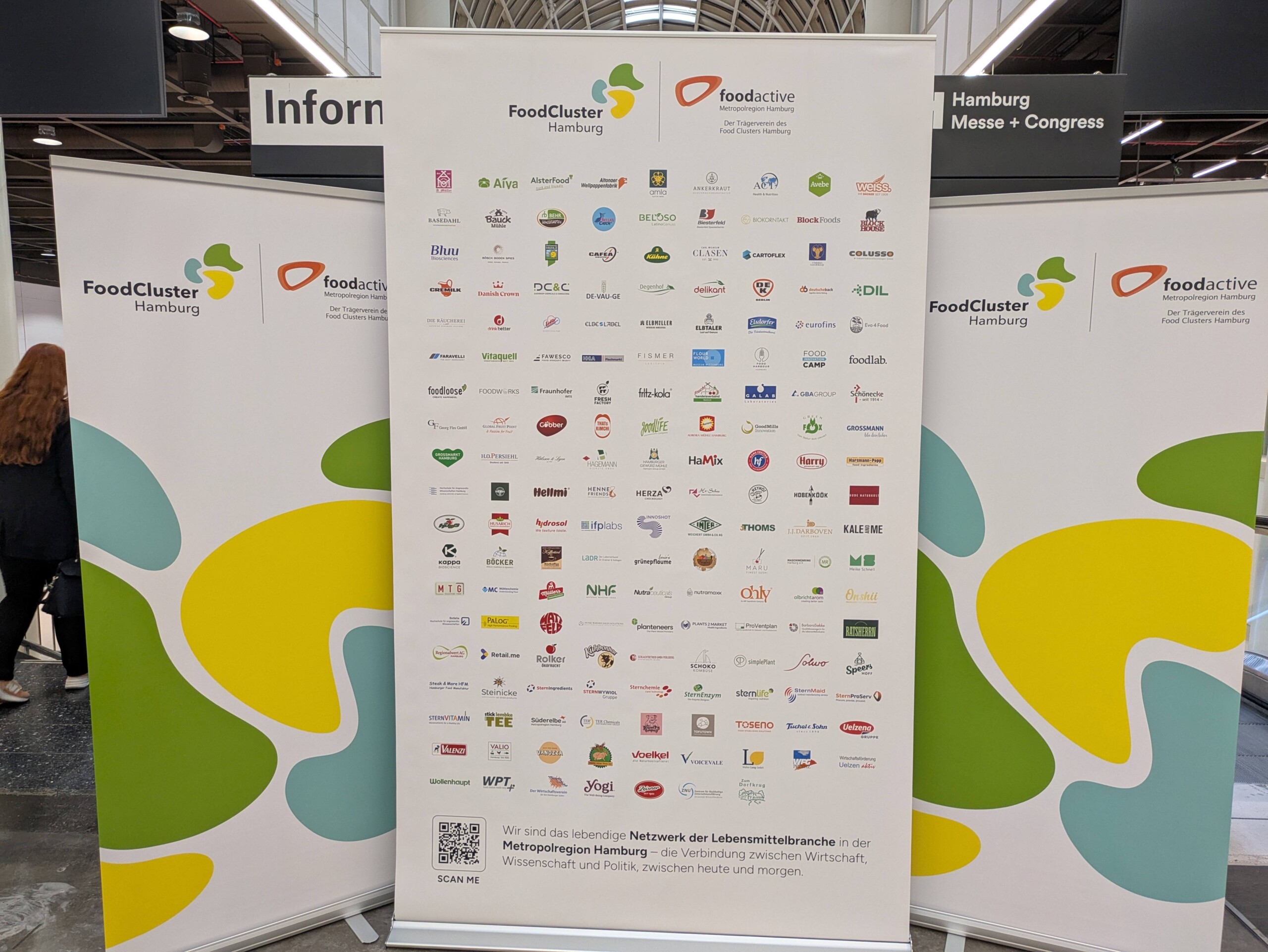
Further training and networking
Taube and the team behind the new cluster forged initial global contacts during this year's Internorga. "We had a stand there and held many valuable discussions with 'foreign' stakeholders and representatives of the local industry. Understanding what drives the industry is essential for developing suitable solutions. That is an integral part of our work," Taube pointed out. This is in addition to tailoring the cluster's training and networking schemes as closely as possible to the industry's needs. "We offer our 160 members a wide range of training courses — from regulation and quality assurance to innovation management - as well as workshops, meetings, roundtables, and food sessions showcasing best practice." Topics such as sustainability, quality management and AI are particularly in demand.
AI as a catalyst of novel food
The rising importance of AI comes as no surprise, according to Taube.. "Take recipe development as an example. Ingredients and composition can be continuously improved and compared with market data at the same time." This leads to more efficiency and saves cost. Healthier products can be developed faster and in accordance with market needs. "AI offers tangible progress with far-reaching possibilities and will remain a major topic."
ys/sb/pb
Sources and further information
Food Cluster Hamburg
Food Cluster Hamburg has around 160 members. The entire sector consists of 4,500 companies in the international food industry including SMEs and startups with around 123,000 employees. The Food Cluster Hamburg is supported by foodactive e.V. Other founding partners are the City of Hamburg and Süderelbe AG. Get to know Food Cluster during the Food Innovation Camp (FIC) on June 23, 2025, in the Chamber of Commerce Hamburg or at a summer party on July 9, 2025, in Strand Pauli. Other opportunities will arise during the HAW Hamburg’s Career Day on November 12, 2025 and at the annual "Think Tank Food” in late 2025 when the focus will be on trends and key issues in future.
More
Similar articles
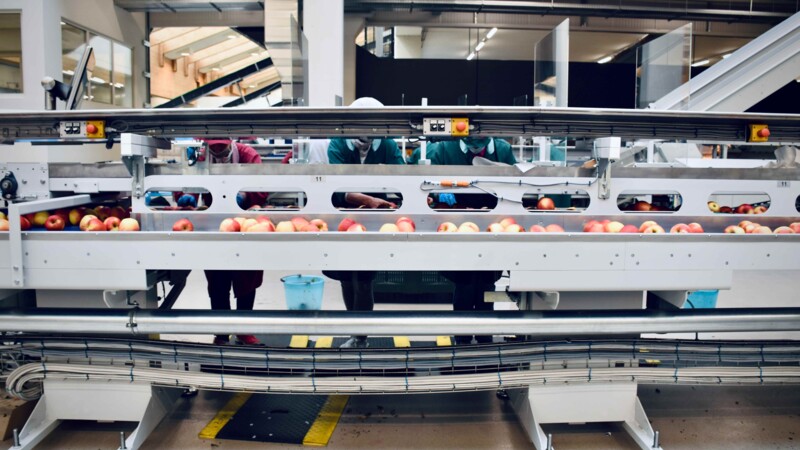
foodactive shaping future of food
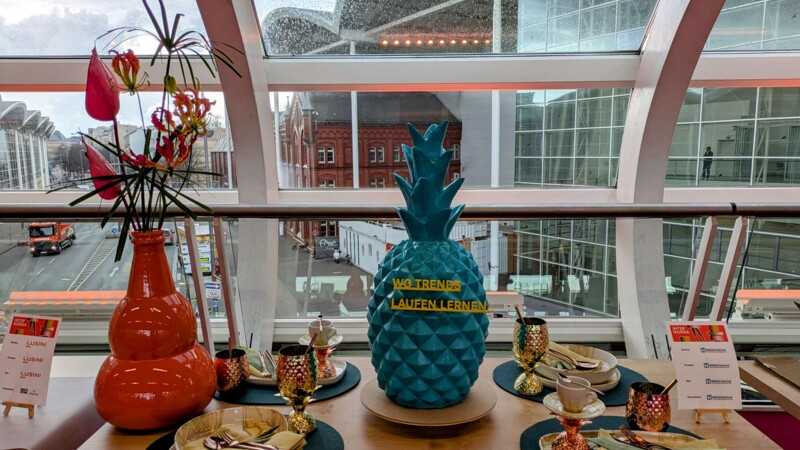
99th Internorga highlights latest trends

"Food is next big thing"
